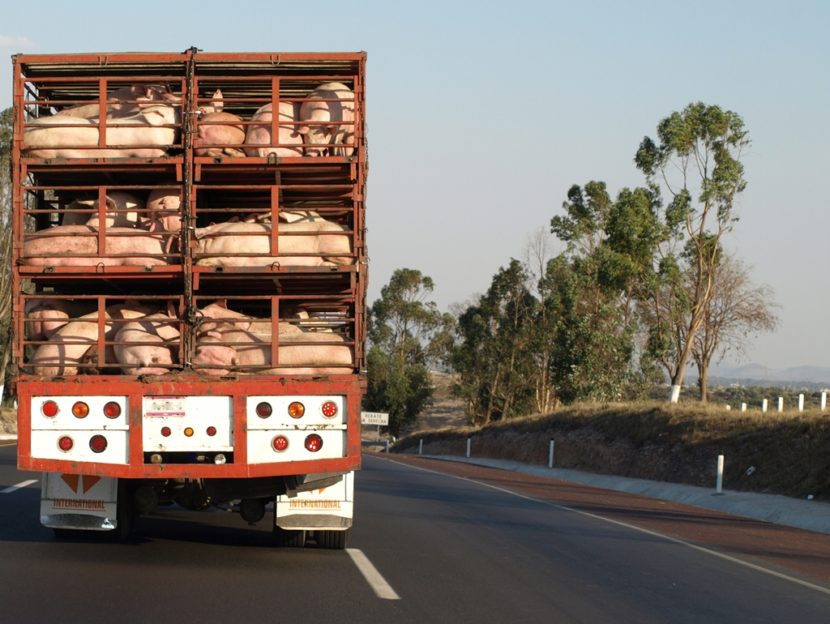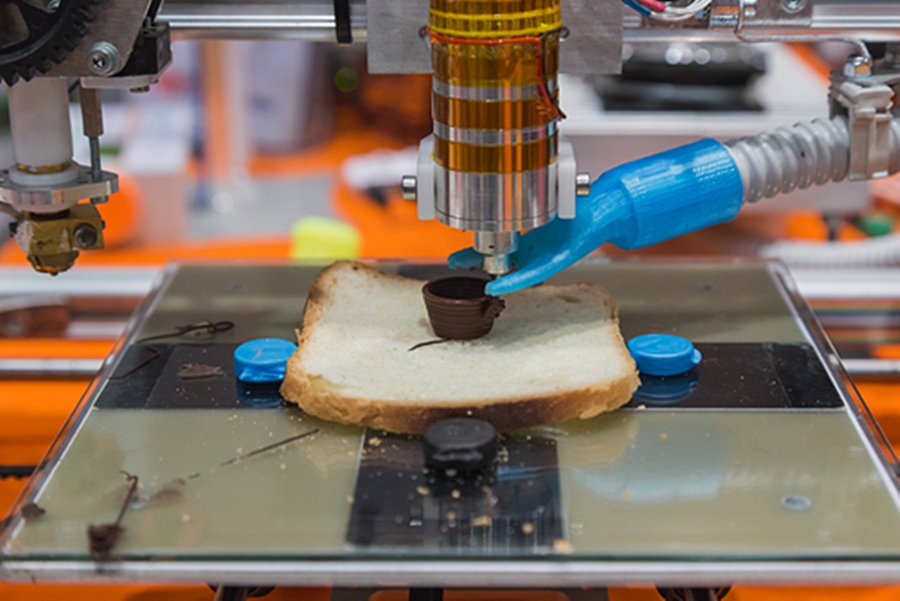Sanitary Transportation of Human and Animal Food Rule
As part of the Food Safety Modernization Act (FSMA), the US Food and Drug Administration has issued several rules to further clarify the requirements of the regulations. The Sanitary Transportation of Human and Animal Food Rule is intended to protect foods from contamination during transport, from farm to table. It enhances the safeguards contained in the Sanitary Food Transportation Act (SFTA).
Scope
The rule requires shippers, loaders, carriers and receivers transporting food by motor or rail to use sanitary practices. Transportation by ship or air is not covered due to legal limitations. It covers both local and interstate commerce.
It applies to companies shipping food to the US by motor or rail. As well, it covers containers that arrive by ship or air that are then transported by motor or rail within the US, if the food will be consumed or distributed within the United States.
It does not apply to food being shipped through the US where the food does not enter American distribution (for example foods moving from Canada to Mexico).
Export shipments are covered until they leave the USA.
Key Requirements
- Vehicles and transportation equipment are to be designed and maintained to ensure the appropriate food safety. For example, they must be easily cleaned to the standard required for the food they are intended to handle, and they must be capable of maintaining the correct temperature.
- Transportation operations must ensure measures are taken to protect food safety. Examples include preventing contamination of ready-to-eat food by contact with raw foods, or with non-food items in the same load or previous loads, or by cross-contact with food allergens.
- Training of carrier personnel in sanitary transportation practices. The FDA has published a Training Module on this topic.
- Records of written procedures, agreements and training (required of carriers) must be maintained and retained.
Waivers
The Sanitary Food Transportation Act (SFTA) allows the agency to waive the requirements of this rule if it determines that the waiver will not result in the transportation of food in a manner that is unsafe, or contrary to the public interest. Three waivers have been granted:
-
- Businesses that transport bulk and finished Grade “A” milk and milk products, which hold permits and are inspected under the Milk Safety Program
- Businesses that are permitted to provide food directly to consumers, including restaurants, retail food establishments and non-profit food establishments and only when:
- They receive food, whether at their establishment or at a location where they receive and immediately transport the food to their establishment
- They transport food as part of normal operations such as food delivery or food moved to another location operated by the same company
- Businesses transporting molluscan shellfish in vehicles permitted by the State National Shellfish Sanitation Program (NSSP), where such businesses are appropriately certified and inspected by the NSSP.
Compliance Dates
Small businesses, which are defined as those other than motor carriers who are not also shippers and/or receivers employing fewer than 500 persons and motor carriers having less than $27.5 million in annual revenue, have two years to comply.
All other businesses have one year to comply.
Exemptions
- Shippers, receivers or carriers that have less than $500,000 in average annual revenue
- Transportation activities performed by a farm
- Transportation of food that is shipped through the USA to another country or is imported for future export and is neither consumed nor distributed in the US
- Transportation of compressed food gases and food contact substances
- Transportation of human food byproducts to be used as animal food without further processing
- Transportation of food that is completely enclosed in a container, except for foods that require temperature controls
- Transportation of live food animals, except shellfish.

-
 FeaturedRisk management
The Cost of a Breach: What a Cyberattack Could Mean for Food Safety Recalls
FeaturedRisk management
The Cost of a Breach: What a Cyberattack Could Mean for Food Safety Recalls
-
 FeaturedRisk management
Securing the Food Chain: How ISO/IEC 27001 Strengthens Cybersecurity
FeaturedRisk management
Securing the Food Chain: How ISO/IEC 27001 Strengthens Cybersecurity
-
 FeaturedRisk management
Revolutionizing Food Safety Training: Breaking Out of the “Check-the-Box” Mentality
FeaturedRisk management
Revolutionizing Food Safety Training: Breaking Out of the “Check-the-Box” Mentality
-
 GFSI Standards
GFSI 2025: Building Trust, Tech-Forward Solutions, and Global Unity in Food Safety
GFSI Standards
GFSI 2025: Building Trust, Tech-Forward Solutions, and Global Unity in Food Safety
-
 FeaturedFood Safety
Integrated Pest Management: Strategies to Protect Your Brand’s Reputation
FeaturedFood Safety
Integrated Pest Management: Strategies to Protect Your Brand’s Reputation
-
 FeaturedFood Safety Culture & Training
No Open Door Policy: Challenges That Impact Pest Control in Food Processing Plants
FeaturedFood Safety Culture & Training
No Open Door Policy: Challenges That Impact Pest Control in Food Processing Plants




